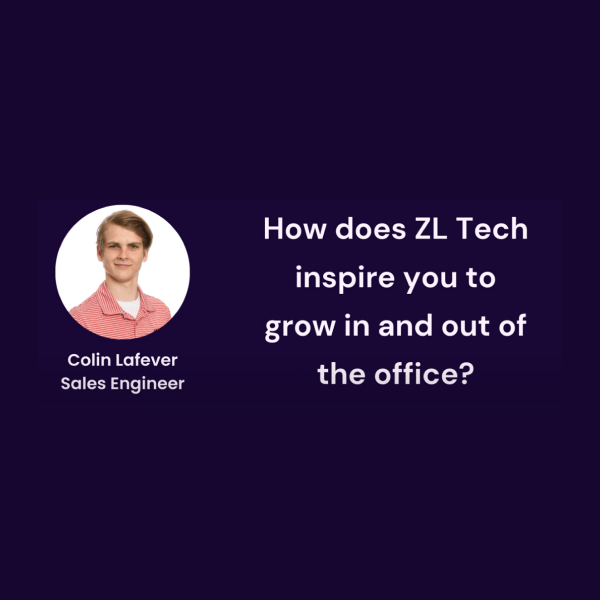ZL’s team has a wide variety of perspectives on information governance, brought on by different roles, experiences, and knowledge. For this post, I interviewed support team member Jeannelle Alford about in-place management and the importance of training.
Tell me a little about yourself.
I am support, so I help the clients with anything that they need help with. Maybe they’re seeing some issues with how things are configured, or there’s some kind of error, and they come to us and say “hey, can you help figure out what’s going on?” We get on a session. I’m also the designated support engineer for one of our automotive clients, so it’s my job to be an expert in their particular setup and use case.
What’s one lesson about information governance you think every company should take to heart?
I think sometimes not everyone is fully aware of the purpose of their information governance and what their general strategy is. People will come into this information governance platform they already have. End users and legal people may not know what the purpose of their workflows and processes are. It can lead to worse workflows, less understanding, and poor use of the system in general.
So, I think everyone needs to sort of be on the same page about what the purpose of the information governance strategy and workflows are in the first place. End users should be briefed on it.
So the organization should have a written plan going in?
I would say the thing to focus on is the new users being brought on. Sometimes they don’t know what’s already going on, they don’t understand the product that’s being used. A new ZL user might come and not really understand any of the things that ZL does, why they have it. Some end users don’t really see the big picture of the information governance system in general. They’re just there to get in, do whatever they need to do with the data, and get out. This is understandable, but I feel like seeing the bigger picture would help. So, it’s a matter of onboarding. When new people get brought into the company, they need to understand the context of everything.
So you think people might be told, “use the software this way,” but they might not understand why and make a letter of the law but not the spirit violation?
Sure, yeah. They’ll just follow some prescribed steps, not fully know what it means, and yeah, that’s exactly the sort of thing I’m talking about. Especially the people who are legal users, not IT people. They just sort of follow the prescribed steps but they don’t know what’s actually going on in the background, through no fault of their own. I think knowledge transfer can be helpful if they do that within their companies.
Do you think knowledge transfer is more the responsibility of the solution provider or the client organization?
I think the client organization is at least responsible for checking up on that sort of thing. If they need to reach out to the service provider to provide training, that’s fine, but they should know where everyone is in their knowledge and get everyone on the same page.
To learn more about how ZL can address your organization's information governance needs, talk to us.



